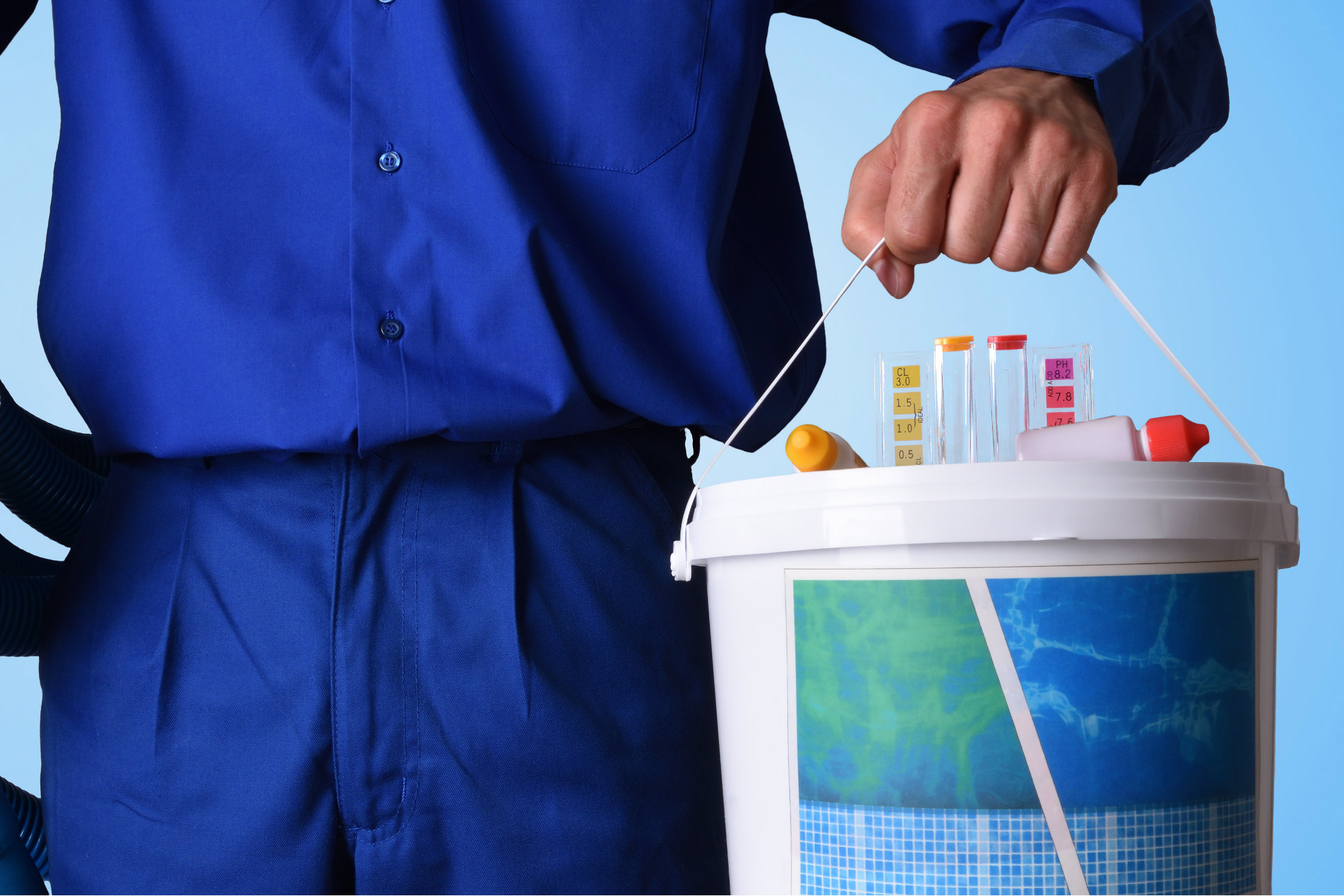Two new requirements from Florida’s Department of Health have caused confusion for the state’s pool/spa industry, but it appears a resolution is on the horizon.
In July, a new stipulation was enacted in Chapter 64E-9 of the Florida Administrative Code (FAC). It states that all commercial pools and spas in the state must be tested with kits meeting the NSPF-50 standard and receiving a Level 1 accuracy rating for all factors being tested.
While commercial pool operators were being placed on notice that implementation would come soon, no test kits exist that meet all the criteria, said Dallas Thiessen, senior director of government affairs for the Florida Swimming Pool Association. Those that come closest are expensive, costing roughly $850 to $1,300, compared with the $100 to $300 price range of the most commonly used kits.
“There are over 20,000 public pools and spas in Florida, so it would be a huge burden to replace all test kits,” he said, adding that all service techs working on commercial pools also would need to make that purchase.
Additionally, most commonly used test kits already test chlorine at Level 1 accuracy. “But the rule would require all … factors be tested to Level 1 accuracy, which is a feature that is currently not doable with commercially available test kits,” Thiessen said.
Earlier this month, the DOH suspended implementation of the rule and plans to revisit it, at the urging of FSPA and several manufacturers.
“We want to revert back to the rule we had previously, which does not specify a level-1 certification,” Thiessen said.
The industry hopes to reverse another change to the FAC’s Chapter 64E-9, which places more restrictions on free chlorine levels in public spas. Before, spas could have 2 to 10 parts per million of free chlorine. The new rule tightened the range, making it 2 to 5 ppm. FSPA hopes to revert that stipulation back to the previous range, which matches the one applied to pools.
“In a state like Florida, given our climate, they need that chlorine range to make sure they can maintain sufficient sanitizer levels in those spas, especially in summer with high bather loads, when chlorine is being used quickly,” Thiessen said.



